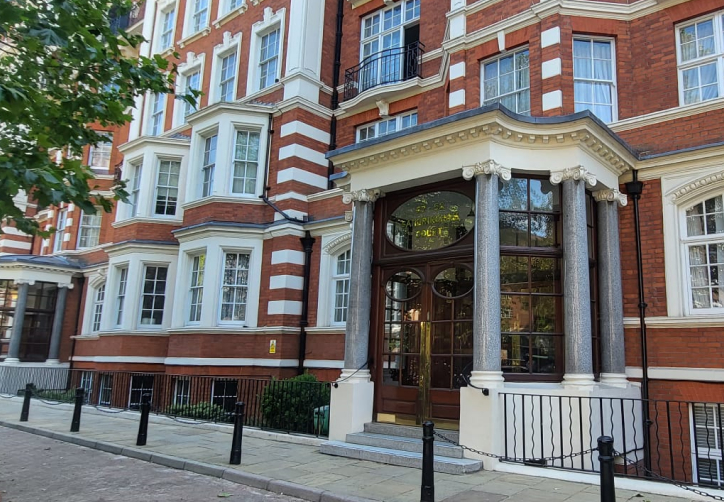The role of the professional Managing Agent is to support decision making and offer up insights to help get the right thing done.
"Whether the motivation is to be able to grant lease extensions, use development rights or be in control of the block management, buying the freehold can be rewarding and challenging."

Why a Freehold Management Company?
A Freehold Management Company or “FMC” is required when more than four people want to own the Freehold of a block of flats. Each leaseholder who buys into the freehold then becomes a sharehder or member of the Freehold Company and as a stakeholder gets a say in how the block of flats is run.
Together the freehold shareholders/members in the are dependent on each other for support to get things done, and, to create long term common objectives etc. Some leaseholders will need to stand as Freehold Management Company Directors to either appoint a professional Managing Agent or deal with the day to day management of the block themselves.
Everything you need to know about Freehold Management

An FMC Shareholder wears many
hats
A flat owner who is also a shareholder or member of a Freehold Management Company wears a variety of hats: as leaseholder, as shareholder or member, and, if so elected as a Freehold Company Director.

Running the FMC day to day
Like any company, normally, the day-to-day management of a freehold company is the responsibility of the directors of the FMC. The members or shareholders elect and vest their confidence in the freehold company directors who then make all the decisions.

Shareholders Agreements
We always recommend leaseholders should get a Solicitor to draw up a Shareholders Agreement when thinking about collectively buying the freehold.

What Freeholder Management Directors must know
Every Freehold Management director must has knowledge of health & safety and fire safety.

FAQs for Freehold Management
Got an question? Maybe it has been asked before. Click below to view all the Frequently Asked Questions related to Freehold Management.
Our Block Management Team
The key to our success is our people.
Find out more right now
We won't quibble if you want to change your BlockCare package.
Call us
020 4506 9030Email us
md@ringley.co.uk

























